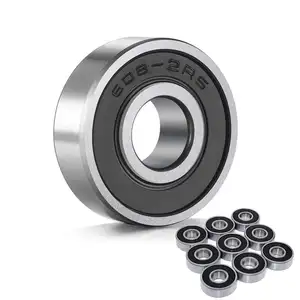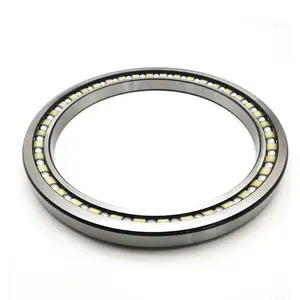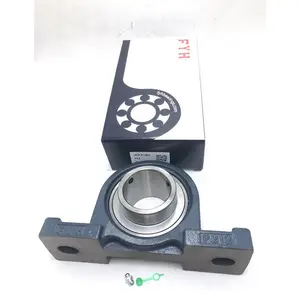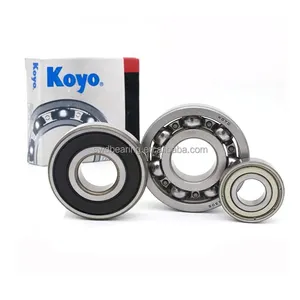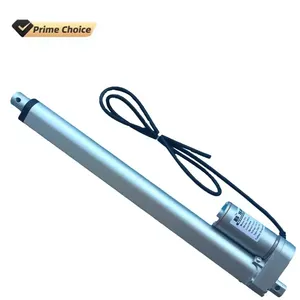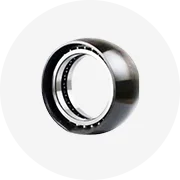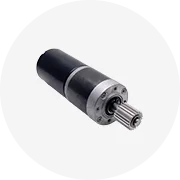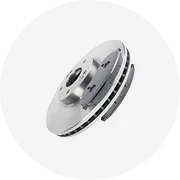Popular in your industry





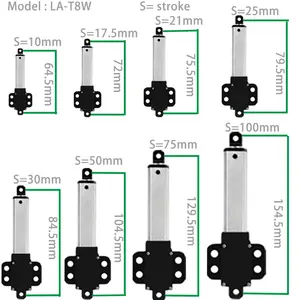







































































































































































Top categories
About actuator electric actuators
Understanding Actuator Electric Actuators
Actuator electric actuators are integral components in modern automation and control systems. These devices convert electrical energy into mechanical torque, facilitating motion control in various applications. From electric cylinder designs to motorized ball valves, the versatility of these actuators is evident across numerous industries.
Types and Applications
The landscape of actuator electric actuators encompasses a range of types, each suited to specific tasks. Electric ball valve actuators, for instance, are pivotal in fluid control systems, allowing for precise flow regulation. Similarly, motorised butterfly valve and electric butterfly actuators offer reliable performance in larger piping systems, where they modulate or isolate fluid flow. In the realm of precision and control, robo cylinder actuators are renowned for their accuracy, often employed in detailed assembly tasks or intricate machinery operations.
Features and Materials
Actuator electric actuators are designed with a focus on durability and efficiency. Materials such as hardened steel and high-grade aluminum are commonly used to ensure longevity and consistent performance. Features may include built-in sensors for position feedback, which are essential in applications like automated ball valve systems, where exact positioning is crucial. Furthermore, the integration of advanced technologies in actuators, such as the Rotork IQ3 series, enhances their functionality and adaptability to complex control systems.
Advantages of Electric Actuation
The shift towards electrically powered solutions, such as electric operated valve systems, reflects the efficiency and control precision these actuators provide. Unlike hydraulic counterparts, electric actuators like the electric cylinder lift offer cleaner, more energy-efficient operation without the risk of fluid leaks. Additionally, the absence of compressible fluids means that electric actuators can achieve more immediate and accurate response times, which is particularly beneficial in safety-critical applications.
Selection Considerations
When selecting an actuator electric actuator, it is crucial to consider the specific requirements of the application. Factors such as torque output, speed, duty cycle, and environmental conditions play a significant role in determining the appropriate actuator. For instance, in heavy-duty industrial settings, an actuator like the Auma valve is often sought after for its robust construction and reliable performance under demanding conditions.
Integration and Compatibility
Integrating actuator electric actuators into existing systems requires careful consideration of compatibility. It is essential to ensure that the actuator's specifications align with the control system's requirements. For applications involving trailers, for example, hydraulic over electric trailer brakes provide a hybrid solution that combines the reliability of hydraulic brakes with the precision control of electric actuators.

